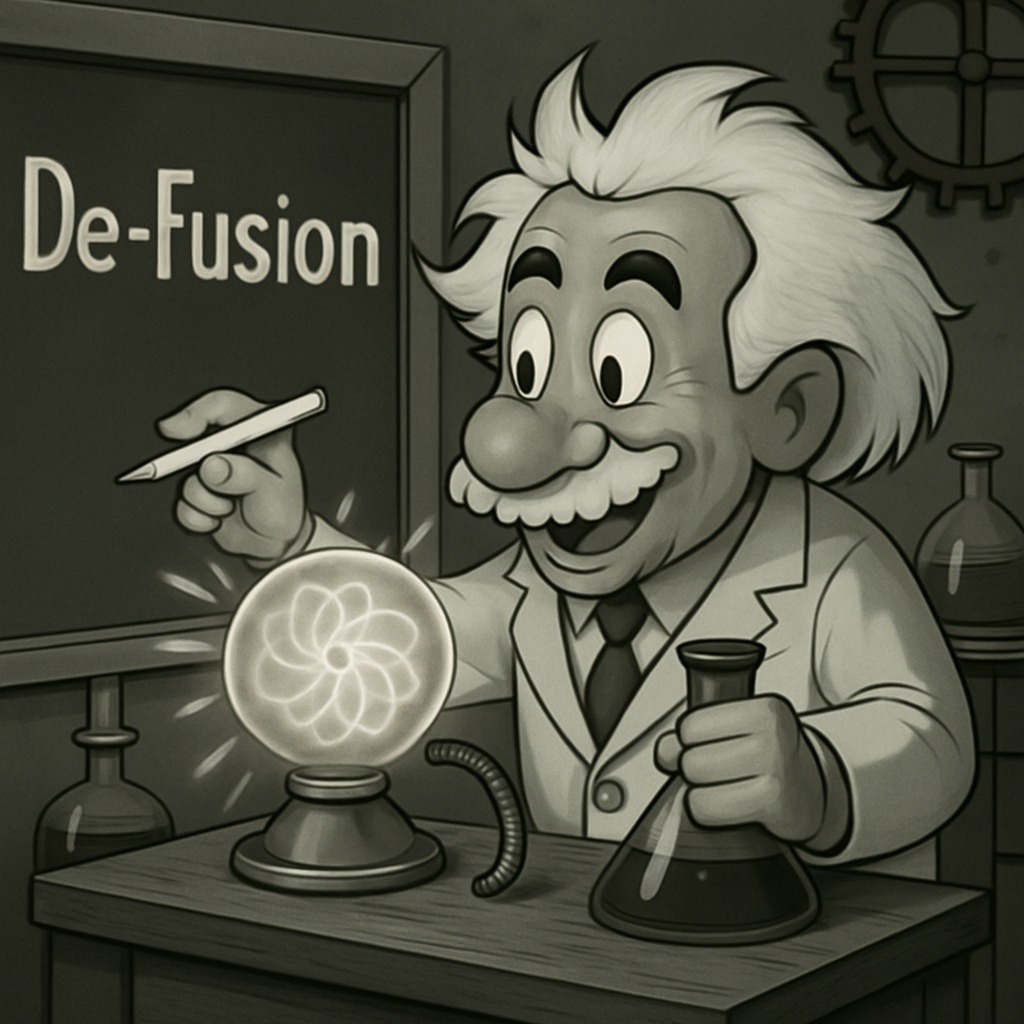Effective ACT Strategies to Overcome Self-Doubt
Understanding Fusion
In Acceptance and Commitment Therapy (ACT), “fusion” refers to a state where individuals become entangled with their thoughts. This particularly involves those thoughts that lead to self-doubt and negative self-evaluation. This can often occur when reflecting on past experiences or current relationships. The goal of ACT is to help clients create psychological flexibility and distance themselves from these unhelpful thought patterns.
Strategies to Address Self-Doubt
- Mindfulness Practice
- Encourage clients to engage in mindfulness exercises. Techniques like deep breathing and body scans can be helpful. Observing thoughts without judgment can also aid clients. These methods help clients notice their thoughts of self-doubt. These methods prevent them from becoming overwhelmed.
- Cognitive Defusion
- Teach clients to practice cognitive defusion techniques. This can include:
- Labeling Thoughts: Encourage clients to prefix their negative thoughts with phrases like “I am having the thought that…” to create distance.
- Visualization: Have them imagine their thoughts as leaves floating down a stream. Alternatively, they can imagine them as clouds passing in the sky. This allows them to observe without engagement.
- Teach clients to practice cognitive defusion techniques. This can include:
- Acceptance of Emotions
- Help clients understand that experiencing self-doubt and negative emotions is natural. Encourage them to accept these feelings rather than avoid or suppress them. Practicing acceptance can be achieved through:
- Body Awareness: Ask clients to notice where they feel emotions in their body. Let them allow themselves to experience those sensations without judgement.
- Help clients understand that experiencing self-doubt and negative emotions is natural. Encourage them to accept these feelings rather than avoid or suppress them. Practicing acceptance can be achieved through:
- Identifying Values
- Assist clients in clarifying their personal values. Encourage them to identify what is truly important to them in relation to their past experiences and relationships. This can serve as a motivator to act in alignment with their values, rather than in reaction to self-doubt.
- Committed Action
- Encourage clients to take small, value-driven actions despite their self-doubts. Help them create specific, measurable, achievable, relevant, and time-bound (SMART) goals. These goals should reflect their values. They must be goals that can be acted upon, regardless of their internal dialogue.
- Contextualizing Past Experiences
- Assist clients in reframing their past experiences as learning opportunities. Guide them in writing a narrative. They should see how past relationships and experiences contributed to their growth. These experiences should be viewed as growth opportunities rather than a source of shame or regret.
- Enhancing Relationships
- Help clients practice open communication in their relationships. Encourage them to express their self-doubts in a constructive manner with trusted individuals. This can foster understanding and support, rather than isolation.
Conclusion
By applying these ACT strategies, clients can learn to separate themselves from their self-doubts and negative evaluations. This process can enhance their ability to engage with their past and present relationships more openly. It promotes authenticity. This, in turn, supports overall mental well-being and personal growth.

